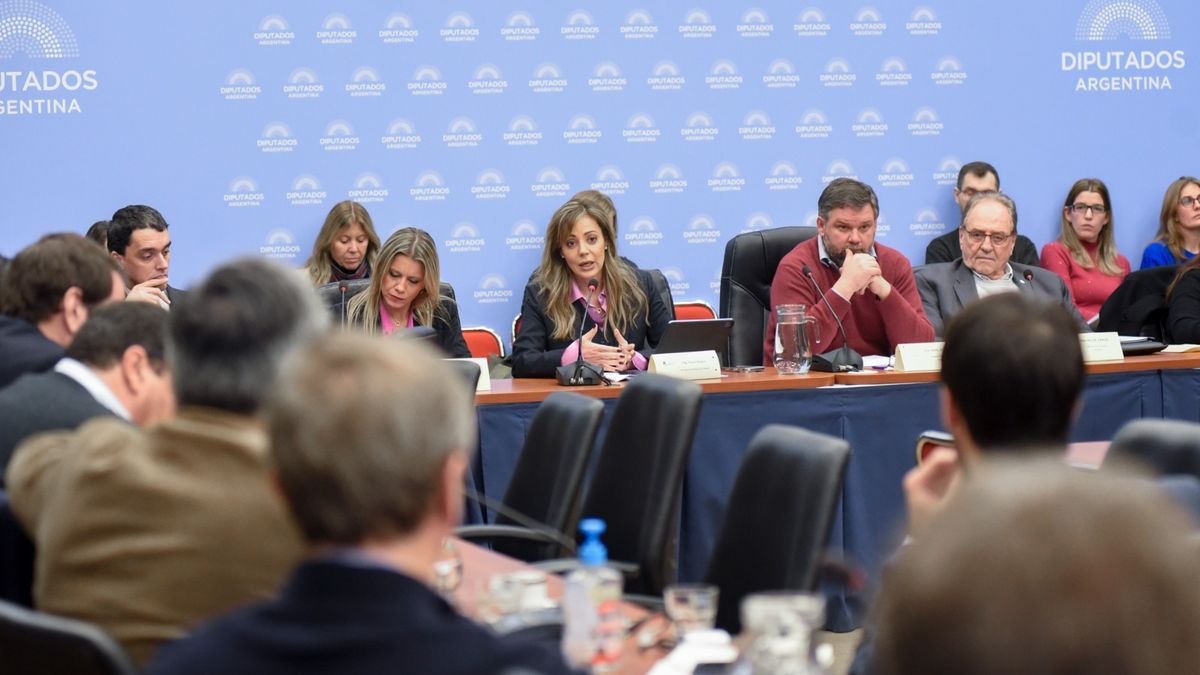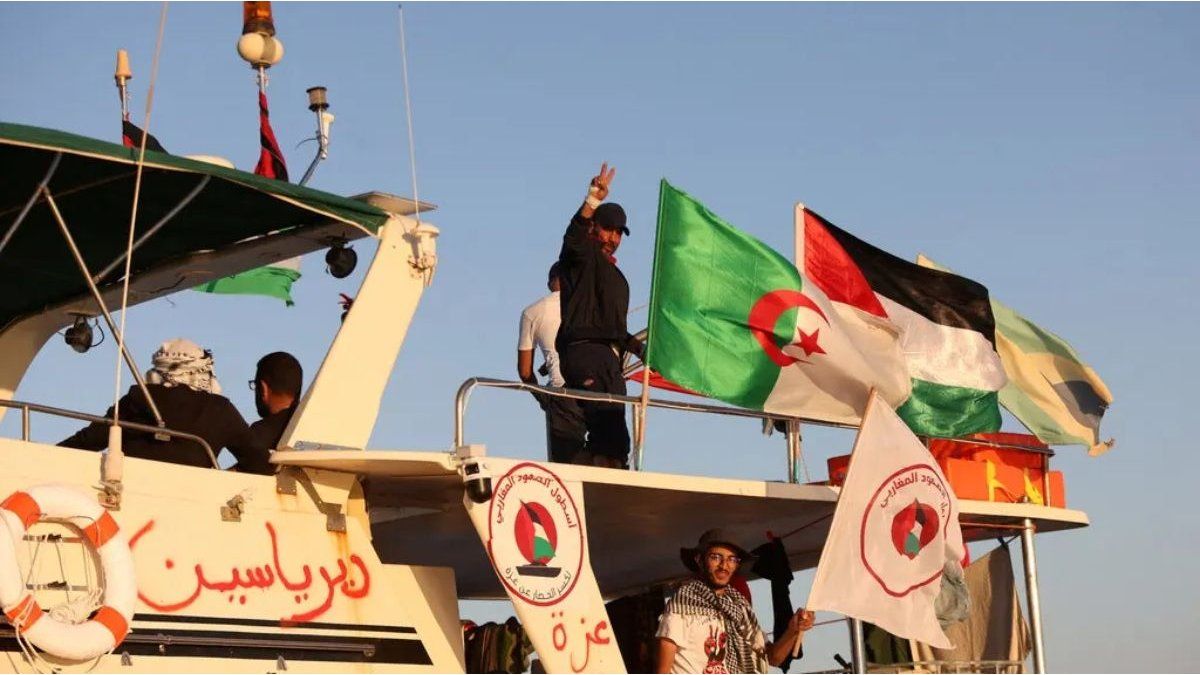The Secretary of Energy, Flavia Royón, appeared in Deputies and asked the legislators to advance the LNG promotion bill. She explained that just a small project involves US$6 billion in investments. Juntos por el Cambio asked questions and asked for changes.
The Secretary of Energy, Flavia Royon, appeared in the Chamber of Deputies to ask legislators to support the bill for the regime for the promotion of liquefied natural gas (LNG). He reported that if the regulatory framework is approved, the draft YPF with the oil company Petronas, from Malaysia, “has the firm conviction to start the bidding before December of this year.” This project alone begins with an investment of US$10,000 million and could generate exports of US$15,000 million. However, he anticipated that there are four others under study.
The content you want to access is exclusive to subscribers.
In addition, Royón answered the questions of the legislators. He rejected that the bill was designed only for YPF-Petronas, explained why it will only apply to investments of a minimum of US$1,000 million and why it does not contemplate the upstream sector. From the opposition Together for Change considered that the project is “key”, although they asked for changesso that more companies can enter the benefits.


Importance
Before the legislators’ questions, Royón gave a presentation with the main guidelines of the bill and emphasized the importance of its approval. He assured that currently Vaca Muerta “It is only 8% developed”and there is a “limited window” in time for hydrocarbons, gas being the fuel of the energy transition: “You have to think of Vaca Muerta beyond the internal and regional market.”
With infrastructure, the gas could be exported to neighboring countries, but it is through LNG that it could reach any country in the world. For that, a promotional framework is required, stated Royón: “They are capital-intensive investments, a single small project requires a minimum investment of US$6,000 million, and can generate exports of US$2,700 million.” In addition, he anticipated that global estimates expect that LNG demand “doubles between 2021 and 2050”due to the industrialization of emerging countries, such as China and India, but he also said that from 2040 there is “uncertainty” about demand, due to how the energy transition will have progressed.
JxC questioning
At the time of the legislators’ questions, Francisco Sánchez, deputy of the Interblock of Together for Changeassured that his party considers the LNG bill “key to development”, but questioned: “We are not satisfied that it is a restrictive project specifically to an investment intention, specifically to the one that would come from Petronas-YPF.” He asked that in commission they could make modifications, such as adding to the promotion investments of less than $ s1,000 million, and that it contemplates the upstream.
Royón replied: “For this project we did not speak only with YPF, but with 90% of the players that exist in Argentina in the gas market, and also with foreign investors.” In fact, he commented that there are at least 4 projects that are under study: “We had conversations with Tecpetrol and Pampa Energía that have a project. Also when we traveled to China, the businessmen asked us, and a company from Russia also asked us”.
In addition, he revealed that the wording of the project did not take into account requests from Petronas: “The original request of the companies was to be able to access 100% of the currencies, but today it is very complex and it was explained to them. Petronas’s requirements were more ambitious than what remained.” The bill provides that the exports of the promoted companies have a freely applicable amount of up to 50% of the foreign currency obtained.
In addition, he replied that the upstream sector was not considered so that two different promotion regimes do not coexist, since there is currently a decree that gives benefit of access to foreign currency to oil companies when they increase their exports. And he explained that companies with a minimum investment of US$1,000 million will benefit because in the projects the companies must also provide for the financing of gas pipelines to transport. “Today the infrastructure is designed for the domestic market. That is why the law speaks of dedicated wells and ducts”Royón detailed. He explained that a “small” project could require a gas pipeline of the magnitude of Néstor Kirchner. Still, he stated: “It’s good that all this is discussed in commission.”
Also Royón He said that the request of the companies was that the project did not have withholdings, while a mobile scheme was finally defined, according to international prices. “Today Argentina is going through a very complicated situation, so the export rights were the result of a negotiation. There was consensus that the price of more than US$20 per million BTU is a good price, that is why it is paid there, and below US$15 the liquefaction fee is limited, that is why zero withholdings were set”.
Source: Ambito




